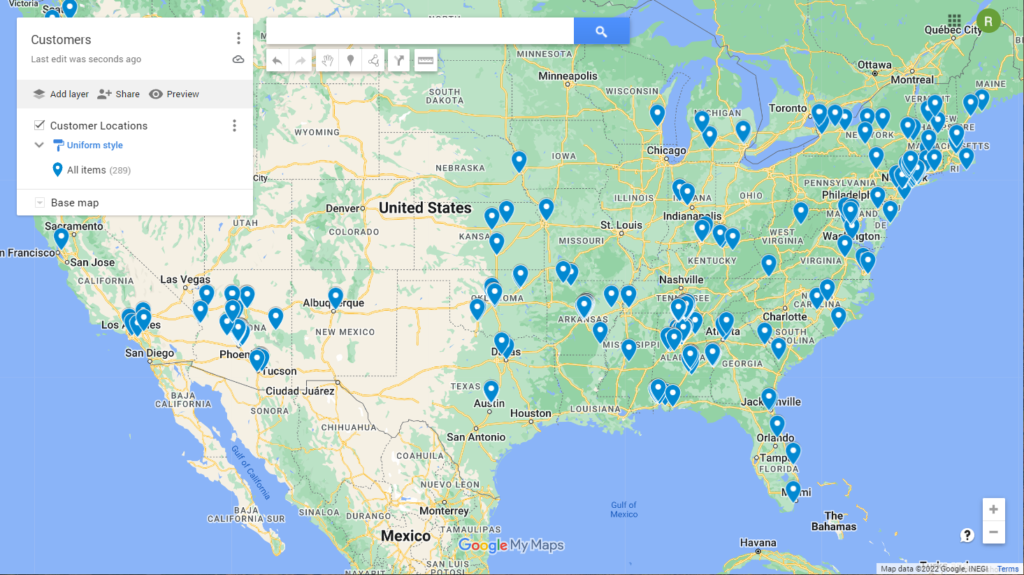Careers In Linguistics

The field of linguistics is an exciting and diverse domain that offers a plethora of career opportunities for those passionate about language and its intricacies. Linguistics is the scientific study of language, encompassing its structure, development, and use. With its wide-ranging applications, linguistics has become an essential discipline, impacting various industries and fields of study. From language documentation and preservation to computational linguistics and neurolinguistics, the career paths in this field are as varied as the languages themselves.
The Multifaceted World of Linguistics Careers

Linguistics careers are as diverse as the languages they study. Professionals in this field can find themselves working in academia, industry, government, and non-profit sectors. The skills gained through a linguistics education are highly transferable, allowing individuals to pursue diverse and meaningful careers.
Academic and Research Paths
For those inclined towards academia and research, linguistics offers a wealth of opportunities. Linguists can pursue graduate studies, leading to careers as professors, researchers, and experts in their chosen field of specialization. These specialists contribute to the advancement of linguistic knowledge, shaping the understanding of language and its role in human communication.
Within academia, linguists often focus on specific areas such as:
- Phonetics and Phonology: Studying the sounds of language and how they are organized and produced.
- Morphology: Examining the structure of words and how they are formed.
- Syntax: Analyzing the rules and principles governing sentence structure.
- Semantics: Understanding the meaning of words, phrases, and sentences.
- Pragmatics: Investigating language use in social contexts and its implications.
Additionally, linguists can specialize in particular language families or historical periods, contributing to our understanding of linguistic evolution and cultural history.
Language Documentation and Preservation
With an estimated 7,000 languages spoken globally, many of which are endangered, language documentation and preservation is a critical area of linguistics. Linguists play a vital role in documenting these languages, creating resources for their use and study, and ensuring their survival for future generations.
This work often involves:
- Collaborating with native speakers to collect and record linguistic data.
- Developing dictionaries, grammars, and other linguistic resources.
- Promoting language revitalization and awareness initiatives.
- Advocating for the rights and cultural heritage of language communities.
Computational Linguistics and Natural Language Processing
The intersection of linguistics and computer science has given rise to the field of computational linguistics and natural language processing (NLP). This domain focuses on enabling computers to understand, interpret, and generate human language.
Career paths in this field include:
- Machine Translation Specialists: Developing systems that translate between languages, ensuring accuracy and cultural appropriateness.
- Speech Recognition Engineers: Working on technologies that recognize and interpret spoken language, enhancing accessibility and user experience.
- Text Analytics Experts: Analyzing large volumes of text data to extract insights, supporting businesses and researchers in various domains.
- Dialogue System Developers: Creating conversational interfaces, such as chatbots and virtual assistants, that engage users naturally.
Applied Linguistics and Language Education
Applied linguistics focuses on the practical applications of language knowledge, often in the context of language teaching and learning. Linguists in this field work on developing language teaching methodologies, designing curricula, and creating language learning materials.
They also contribute to areas such as:
- Language assessment and evaluation
- Second language acquisition research
- Multilingualism and language policy studies
- Language teaching technology development
Neurolinguistics and Language Disorders
Neurolinguistics is a fascinating field that explores the neurological basis of language. Linguists in this domain collaborate with neuroscientists to understand how the brain processes and produces language.
This work has significant implications for:
- Speech and language therapy for individuals with communication disorders.
- Developing strategies to support language development in children.
- Understanding and treating language-related neurological conditions.
- Advancing our knowledge of the human brain and its functions.
Linguistics in Industry and Business
Linguistics skills are highly valued in the corporate world, where they are applied in various contexts. For instance, linguists can work in:
- Market research, analyzing language data to understand consumer behavior and preferences.
- Localization and translation services, ensuring products and services are culturally appropriate for global markets.
- Content creation and copywriting, crafting effective and engaging language for marketing and communication.
- Human-computer interaction, designing user interfaces that align with natural language use.
Skills and Qualifications for a Career in Linguistics

A successful career in linguistics requires a strong foundation in language and its scientific study. Key skills and qualifications include:
- A deep understanding of linguistic theory and methodology.
- Proficiency in multiple languages, often including a focus on a less commonly studied language.
- Excellent analytical and problem-solving abilities.
- Strong communication and interpersonal skills, both written and verbal.
- Proficiency in statistical analysis and data handling, especially for quantitative research.
- Technical skills for computational linguistics and natural language processing.
- Research and project management skills, particularly for academic and research careers.
While a bachelor's degree in linguistics provides a solid foundation, many careers in this field require further specialized study at the graduate level.
Conclusion: A World of Opportunities
The field of linguistics offers a vast array of career paths, each with its unique challenges and rewards. From academia to industry, and from language preservation to computational linguistics, the opportunities are endless for those passionate about language and its study.
By combining a strong academic foundation with specialized skills and a deep understanding of language, linguists can make meaningful contributions to their chosen field, impacting the world through the power of language.
What are some common entry-level jobs for linguistics graduates?
+Entry-level jobs for linguistics graduates often include roles such as language instructors, translation assistants, or research assistants. These positions provide valuable experience and can lead to more specialized careers in the field.
How can I develop my computational linguistics skills?
+Developing computational linguistics skills often involves learning programming languages such as Python or R, along with specialized tools and frameworks for natural language processing. Online courses, bootcamps, and practical projects can help you build these skills.
What are the prospects for linguists in the job market?
+The job prospects for linguists are excellent, especially with the growing demand for language-related skills in various industries. Linguists with specialized skills and a strong academic background are highly sought after, offering diverse and rewarding career opportunities.



